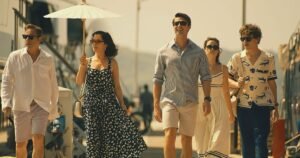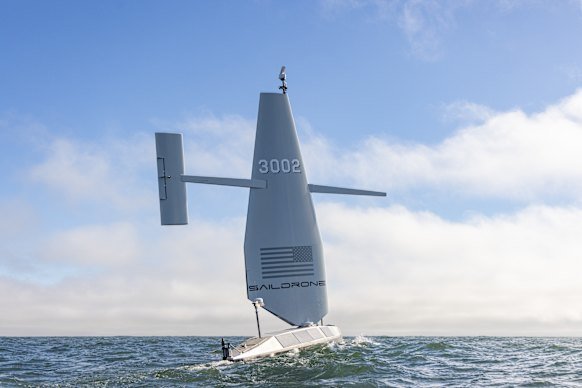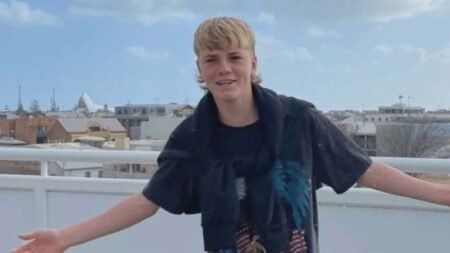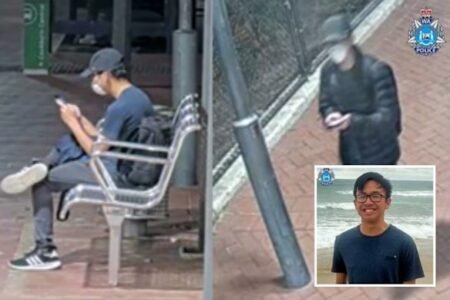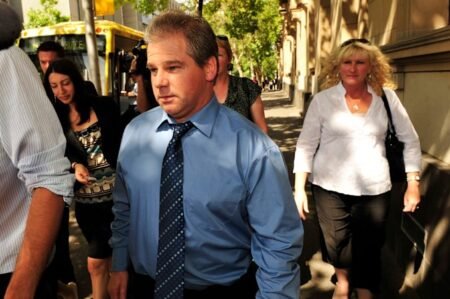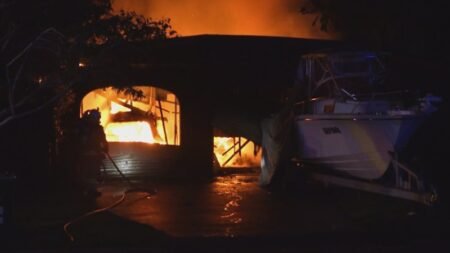Sandwiched between a Bunnings and a university campus on a busy western Sydney street, hundreds of people have spent years developing technology to thwart maritime threats as diverse as foreign interference, drug cartels and people smugglers.
Thales Australia has spent four years refining Blue Sentry, a sonar system made in a Rydalmere factory that can detect narco-submarines, underwater drones, boats and other maritime menaces.
Thales’ Blue Sentry has been successfully tested by the US Navy, its CEO will announce on Monday.
While maritime borders have traditionally been protected by crewed boats, the western Sydney-made technology can detect and classify vessels in real time and choose its own action and direction accordingly. Designed to work in a “wolf pack”, groups of the semi-autonomous systems deployed together can create permanent surveillance of coastlines over thousands of kilometres.
The company will announce on Monday that its semi-autonomous platform has been integrated with US company Saildrone’s uncrewed vessels. Australian chief executive Jeff Connolly will also announce the newly developed technology was successfully tested by the US Navy in a 26-day deployment off the Californian coast.
“The integration … paves the way for greater naval interoperability between AUKUS partners and delivers on AUKUS Pillar 2,” he said.

Thales Australia CEO Jeff Connolly
AUKUS’ Pillar 2 refers to ramped-up technology co-operation between Australia, the US and the United Kingdom on underwater drones, artificial intelligence and deep-space technology, an acronym a puzzled Donald Trump appeared unfamiliar with when asked about it in February. The partnership’s first pillar refers to Australia’s acquisition of nuclear-powered submarines.
“The successful test has proven the new system’s ready-to-deploy capabilities which can be used to detect drug trafficking, enemy submarines or even people smuggling vessels in difficult to monitor areas, offering a powerful capability and real-time identification and tracking for both military and government customers,” said Connolly.
Australia’s large and vulnerable sea border has long been an attractive target to the world’s most fearsome drug cartels, who are turning to so-called narco-subs – semi-submersibles that track almost entirely under the ocean’s surface – to circumvent law enforcement and import drugs into what is one of the world’s most profitable markets.
Read the full article here

